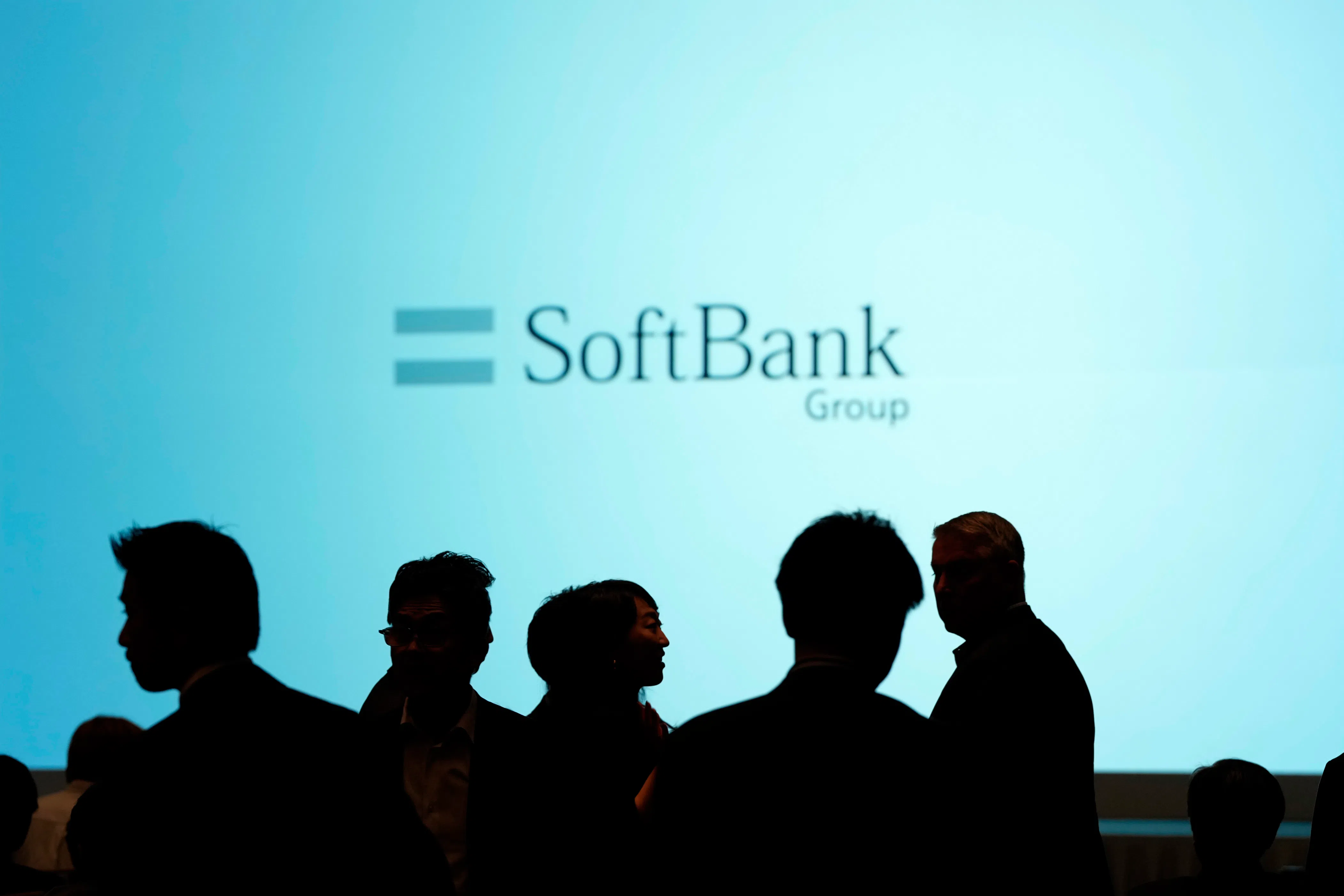A FEW weeks ago, SoftBank Group founder Masayoshi Son stood alongside US President Donald Trump to unveil the Stargate Project, an artificial intelligence (AI) venture with OpenAI that could cost US$500 billion or more. Now Son is figuring out how to pay for it.
The Japanese billionaire is looking at a technique called project financing that is sometimes linked with oil and gas projects, according to sources familiar with the matter. The strategy is used to build capital-intensive, large-scale infrastructure projects such as the Trans-Alaskan pipeline – and has the big advantages that it typically requires less money upfront from anchor investors and can resort to long-term financing based on the project’s expected cash flows.
SoftBank is exploring ways to incorporate some aspects of that funding structure in Stargate, which would span multiple data centre and power-generation projects, said the sources, asking not to be identified discussing private information. One scenario under discussion would have SoftBank, OpenAI and partners Oracle and Abu Dhabi’s MGX contribute in equity about 10 per cent of the overall cost and tap debt markets for much of the rest, said two of the sources.
Announced with fanfare last month, SoftBank and OpenAI’s push to build out tens of gigawatts of data centre capacity has the potential to be the biggest rollout of computing power ever. In addition to breaking ground on its first data centre site in Abilene, Texas, Stargate is close to selecting additional sites while eyeing more projects in over a dozen other states.
The plan is to spend US$100 billion immediately, Son told Trump. For much of Stargate, however, SoftBank has yet to settle on where the money needed would come from and is in discussions to bring additional stakeholders on board.
The discussions – still early – are taking place as the rise of Chinese startup DeepSeek’s low-cost and open-source AI raises the prospect of a far more competitive and less lucrative landscape for tech providers ahead. OpenAI is also fielding an unsolicited bid led by Elon Musk, sparking further uncertainty for Stargate’s fundraising plans.
BT in your inbox
Start and end each day with the latest news stories and analyses delivered straight to your inbox.
On paper, a combined 10 per cent equity stake of Stargate would come to approximately US$50 billion, with SoftBank and OpenAI’s contribution ranging around US$15 billion to a little less than US$25 billion each, assuming SoftBank and OpenAI have an equal stake in the venture and Oracle and MGX make smaller contributions.
In practice, however, Stargate will be made up of a series of multi-billion dollar projects. In addition to the pool of equity, much of the financing would be conducted on a project-by-project basis, some of the sources said. The financial structure is very complex, according to the sources. The Nikkei also reported earlier about SoftBank’s plan to keep the total equity exposure to around 10 per cent of Stargate and a project-by-project financing structure.
SoftBank – which is in charge of funding Stargate – may resort to preferred equity, mezzanine debt and senior bank loans to raise the sums needed. The proportion of preferred equity and debt will depend on the additional investors who sign on to each project, which may focus on just semiconductors or servers, one source said.
With project finance as a model, one possible breakdown might be 10 per cent in common equity, 20 per cent in preferred equity and mezzanine debt and 70 per cent in senior debt, another source said. Another scenario might have preferred stock and mezzanine debt make up 40 per cent, with senior debt accounting for 50 per cent. Both are high-leverage structures that are in line with those used in infrastructure projects such as pipelines, power plants, bridges or telecommunications networks, although SoftBank’s access to Japan’s ultra-low interest rates and popularity among retail bond investors may ease the burden.
No decisions have been made, and discussions are in flux. SoftBank is reaching out to more partners, and the anchor investors may ultimately opt for other forms of financing, depending on market conditions, the sources said. Whether this financing structure is viable remains in question: Terms for project financing are determined in part by the undertaking’s cash flow projections, and cash from AI services remain hypothetical.
A representative of SoftBank declined to comment. OpenAI’s Chief Financial Officer Sarah Friar said in a recent blog post the companies will take a “structured, phased approach to investment.” While OpenAI, SoftBank, Oracle and MGX are the first equity funders, the plan is to bring in additional partners, she wrote in the post. “We’re actively engaging a diversified group of institutional investors to build a strong, resilient capital base.”
Son stood alongside OpenAI’s chief Sam Altman in meetings with Japanese Prime Minister Shigeru Ishiba and Samsung Electronics chairman Jay Y Lee last week in a bid to rally support for Stargate. “I want to expand Stargate to Japan,” Son said during the first leg of Altman’s global tour.
SoftBank’s discussions come as hyperscalers tap new financing methods to pay for soaring costs of AI hardware. Companies including Nvidia-backed startup CoreWeave are using graphic processing units as collateral for loans, with support from the likes of Blackstone and Magnetar, to finance billion-dollar data centre projects. Such financial structures hinge on the assumption that bleeding-edge Nvidia chips – which now cost tens of thousands of US dollars – will retain value.
That’s a premise that DeepSeek’s cheap AI is now stress-testing. Few, if any, data centre projects rely on the levels of debt now floated for Stargate, however.
How SoftBank plans to fund Stargate is top of mind for investors and creditors, who worry about Son’s propensity for big, bet-the-house deals.
On Wednesday (Feb 12), SoftBank is expected to report a net loss of about 155 billion yen (S$1.4 billion) in its fiscal third quarter, according to the average estimate of three analysts surveyed by Bloomberg. Astris Advisory’s Kirk Boodry estimates Vision Fund’s public portfolio to have lost about US$700 million in the December quarter after shares of Coupang and Didi Global gave up some of their gains in the previous quarter.
SoftBank’s bottom line also hinges on the performance of the hundreds of unlisted startups that SoftBank has on its books. One is ByteDance, under pressure to sell its popular video app TikTok app or face its shutdown. Another such privately-held asset is Indonesian agritech company eFishery that is facing possible liquidation and charges of accounting fraud, less than two years after scoring a valuation of US$1.2 billion. BLOOMBERG



